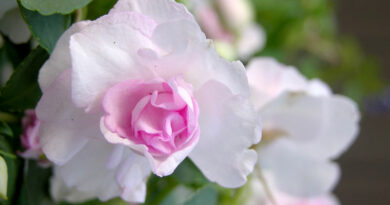About Peonies
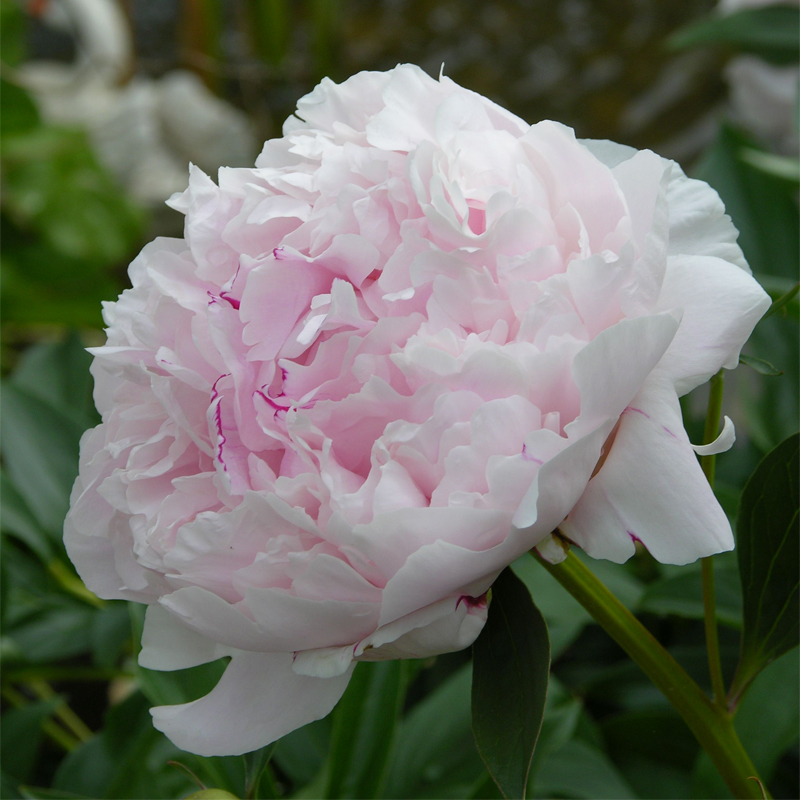
1. What’s so great about peonies?
Peonies are drought tolerant, deer resistant, fragrant, hardy to Zone 2 and they can live for over 100 years. Few diseases and insects bother them. They make fantastic cut flowers. And—let me put this as objectively as possible—they are freaking gorgeous.
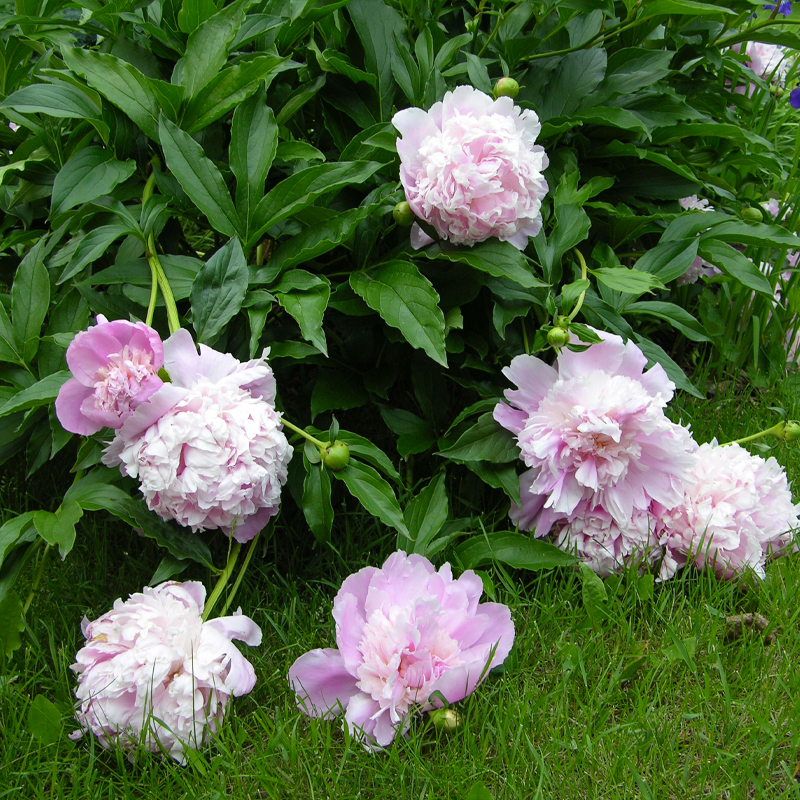
2. What’s wrong with peonies?
The double varieties are top-heavy and require staking. They’re very sulky when moved—a transplanted peony can be expected to not bloom (or not bloom well) for a good three years. They do not repeat bloom, nor do the blooms last very long. And, as soon as they are fully blown, the storm of the season—wind, rain, hail—will inevitably come along and knock the stuffing out of them.
3. Origin of the name.
Peony, and the Latin Paeonia, both come from the Greek word paeon, which is a song of joy, praise or thanksgiving to a deity.
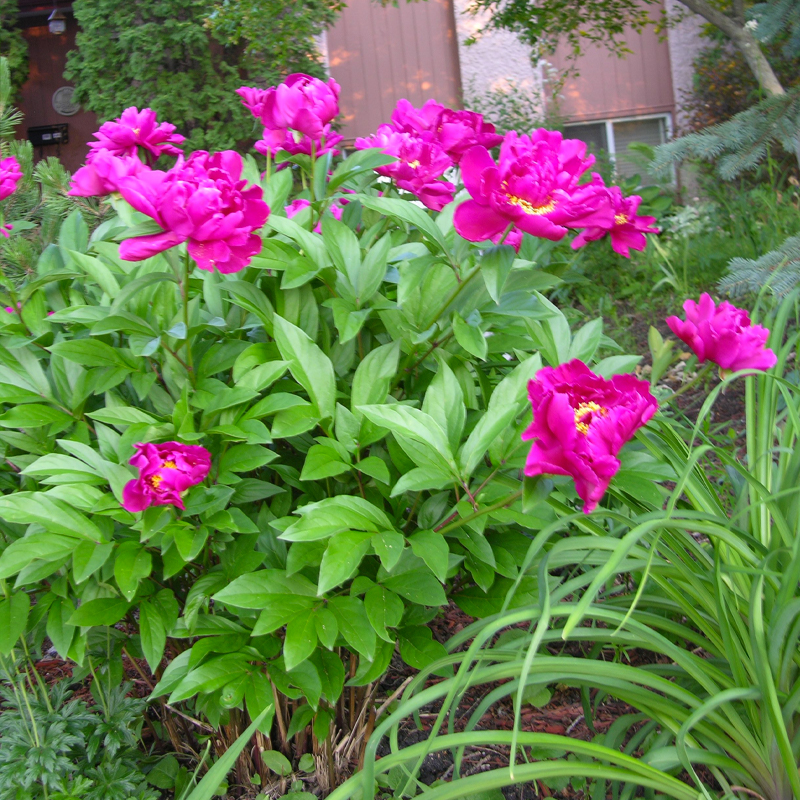
4. Garden variety peonies.
Although Paeonia officinalis grows wild in Europe, it is the Chinese P. lactiflora that has been favoured for modern hybridization. Any old peonies in your garden that are non-woody and pink or white are almost certainly cultivars of P. lactiflora.
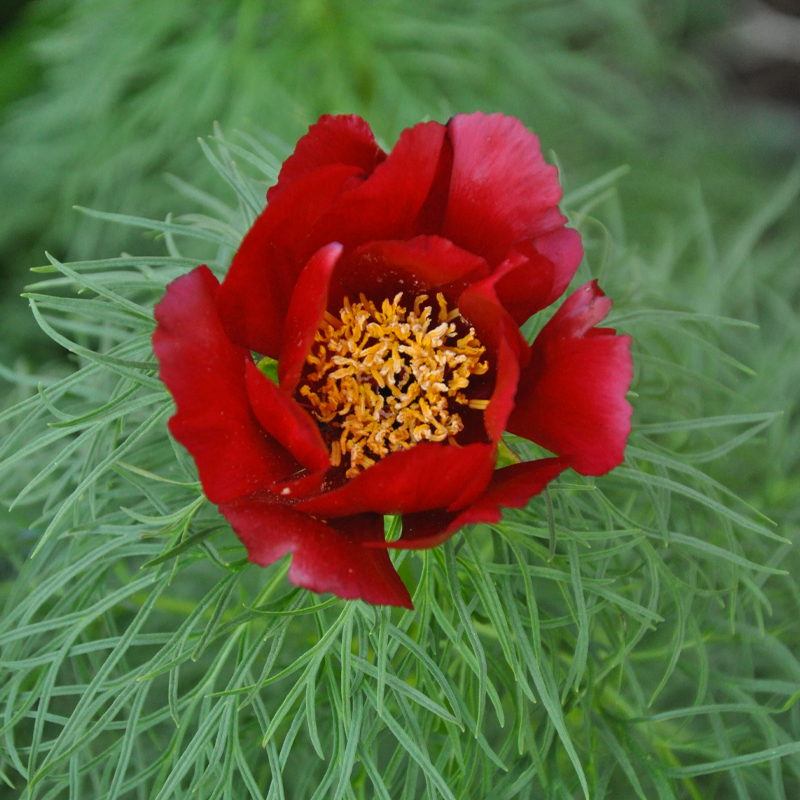
5. Fern leaf peonies.
P. tenuifolia has lacy leaves and red single flowers. It’s a very attractive plant with all the best attributes, but it can be quite pricey because it doesn’t propagate well in a commercial situation.
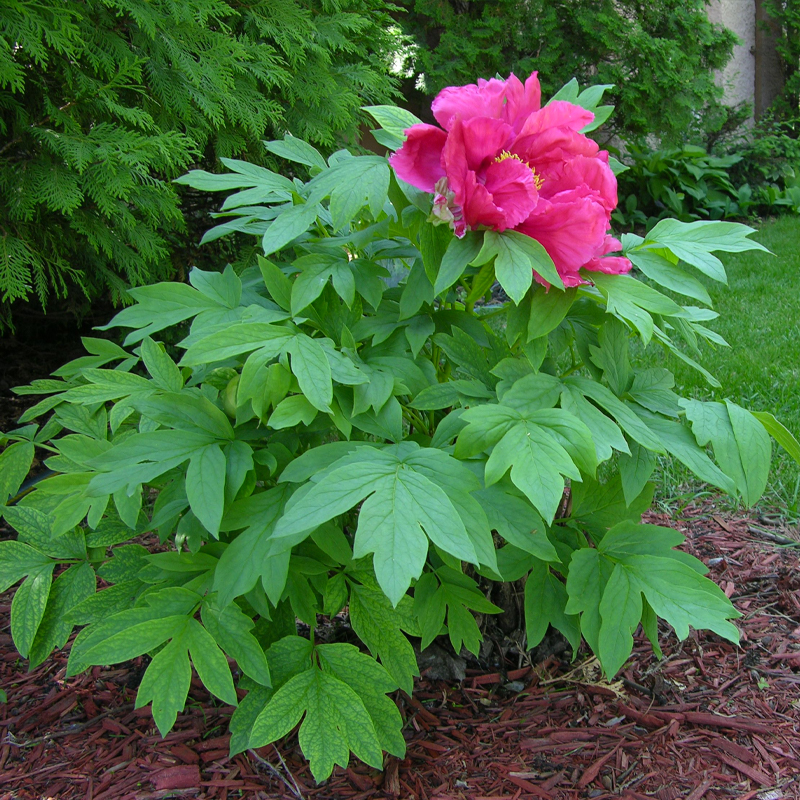
6. Tree peonies.
P. suffruticosa is a woody peony that is highly valued in Japan as an ornamental. Although the root is extremely hardy, the aboveground parts of the plant are not, so it tends to be rated as a Zone 4 or 5 plant. It comes in a wider variety of colours than the herbaceous kinds, including yellow and shades of blue.
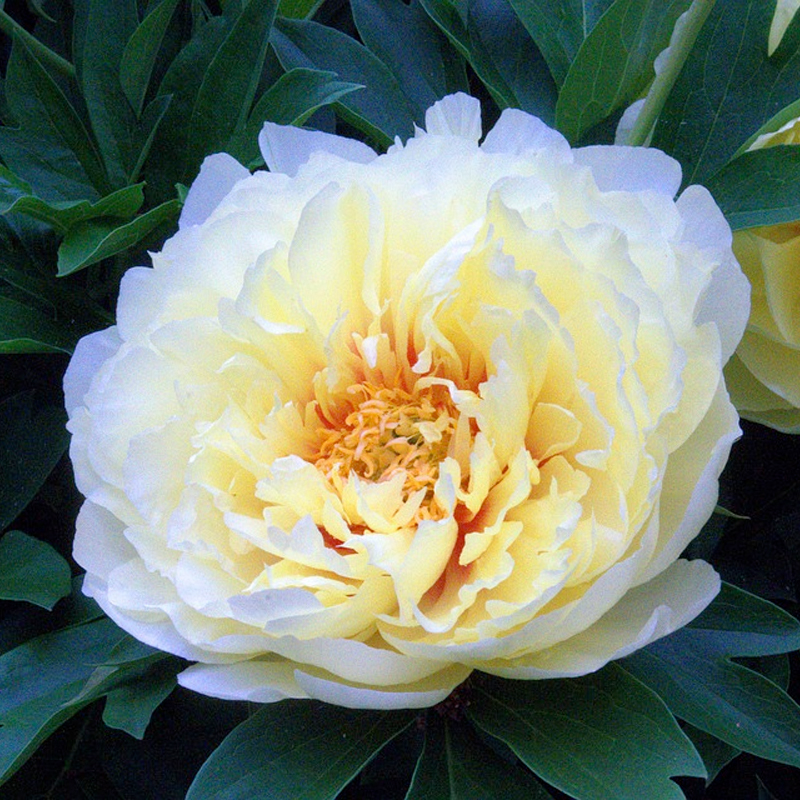
7. Itoh peonies.
Sometimes called intersectional peonies, these offer the hardiness of herbaceous peonies and the colours of tree peonies. Japanese hybridizer Toichi Itoh developed them in the mid-20th century as a cross between the herbaceous and woody peonies. He tried over 2,000 hybrids before finding some that he liked, then died before any of his seedlings bloomed. Though those seedlings did bloom and were impressive, they were too difficult to propagate for the mass market until recently—in fact, I’ve heard reports of them selling for $1,000 each 20 years ago. In 2004, Quebec company Planteck Biotechnologies developed a propagation method that proved successful for the Itohs, bringing them within reach of more gardeners.
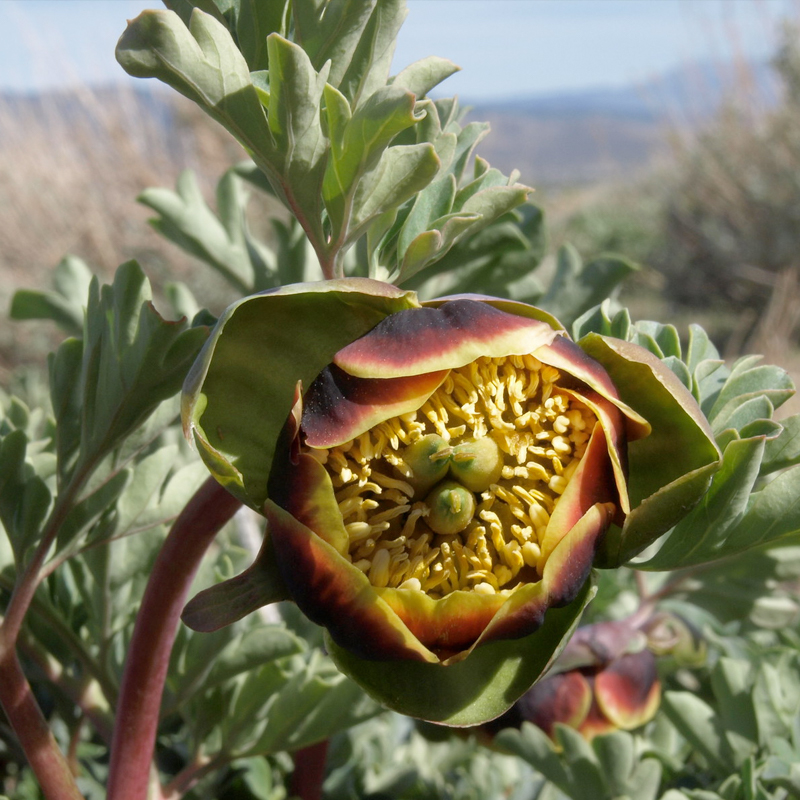
8. Americans but no Canadians.
There are no peonies native to Canada, but there are two that are native to North America: P. brownii and P. californica. The latter grows, not surprisingly, in California and has started making a bit of headway into the gardening world. It’s a charming deep pink single that is very drought tolerant; it grows in the desert and can go a year without water. P. brownii, which is not attractive in a traditional way (see the picture with drooping, brownish bloom), occurs at high elevations amongst the Ponderosa pines and sagebrush of Utah and Wyoming. It is extremely tolerant of cold and drought and survives with a very short growing season.
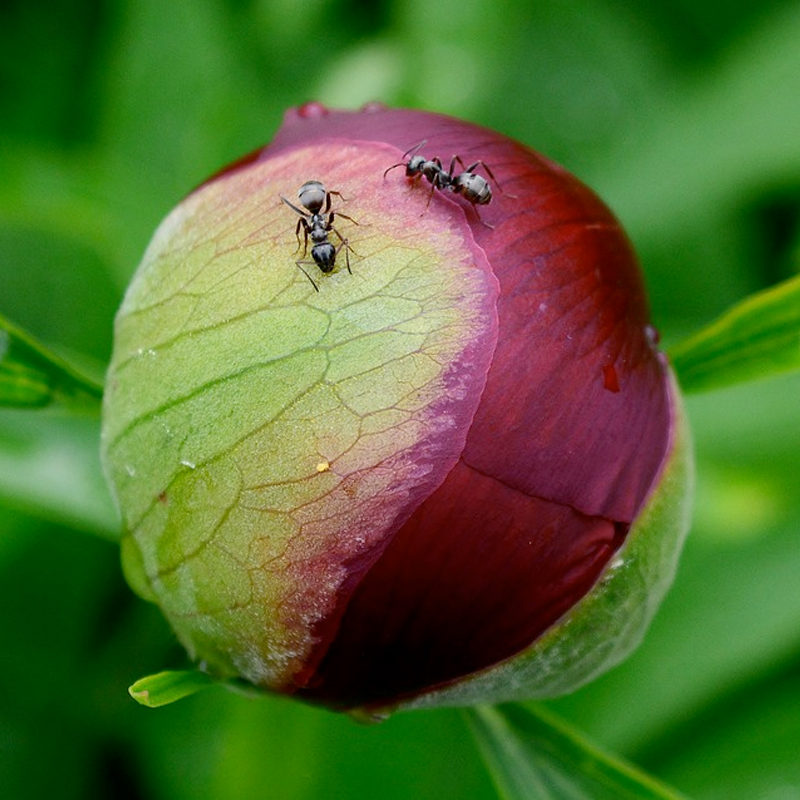
9. The ants go marching.
Ants are very much attracted to peony buds, but it’s an old wives’ tale that they do anything to make the buds bloom. They’re there to collect a sweet substance that the peony buds exude. The ants don’t harm the flowers in any way, nor do they seem to help them; the assumption that ants help to pollinate peonies was observed by a group of Spanish botanists in 1999 to be wrong.
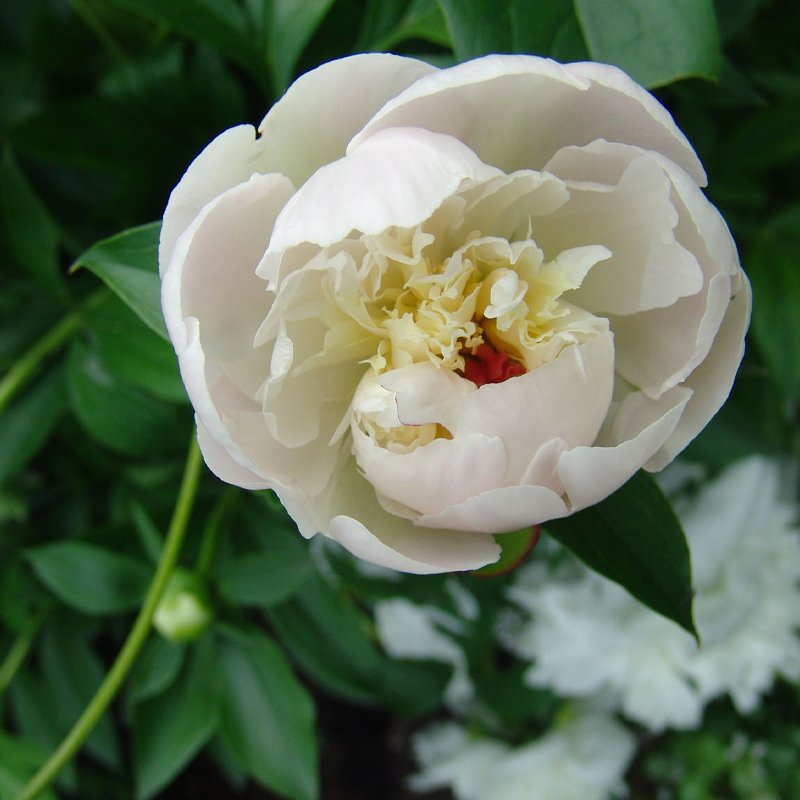
10. Peonies in Asia.
In Japan, tree peonies are called “the king of flowers” and herbaceous peonies are called “the prime minister of flowers”. In China, extracts from the plants have been used medicinally for 3,000 years to treat wounds, pain and spasms. It is a traditional symbol of China and, in a 1994 poll, it was voted to be the national flower; the designation is not official, though, because it has never been ratified by the Chinese government.
– Shauna Dobbie Copyright©
Pegasus Publications Inc.



